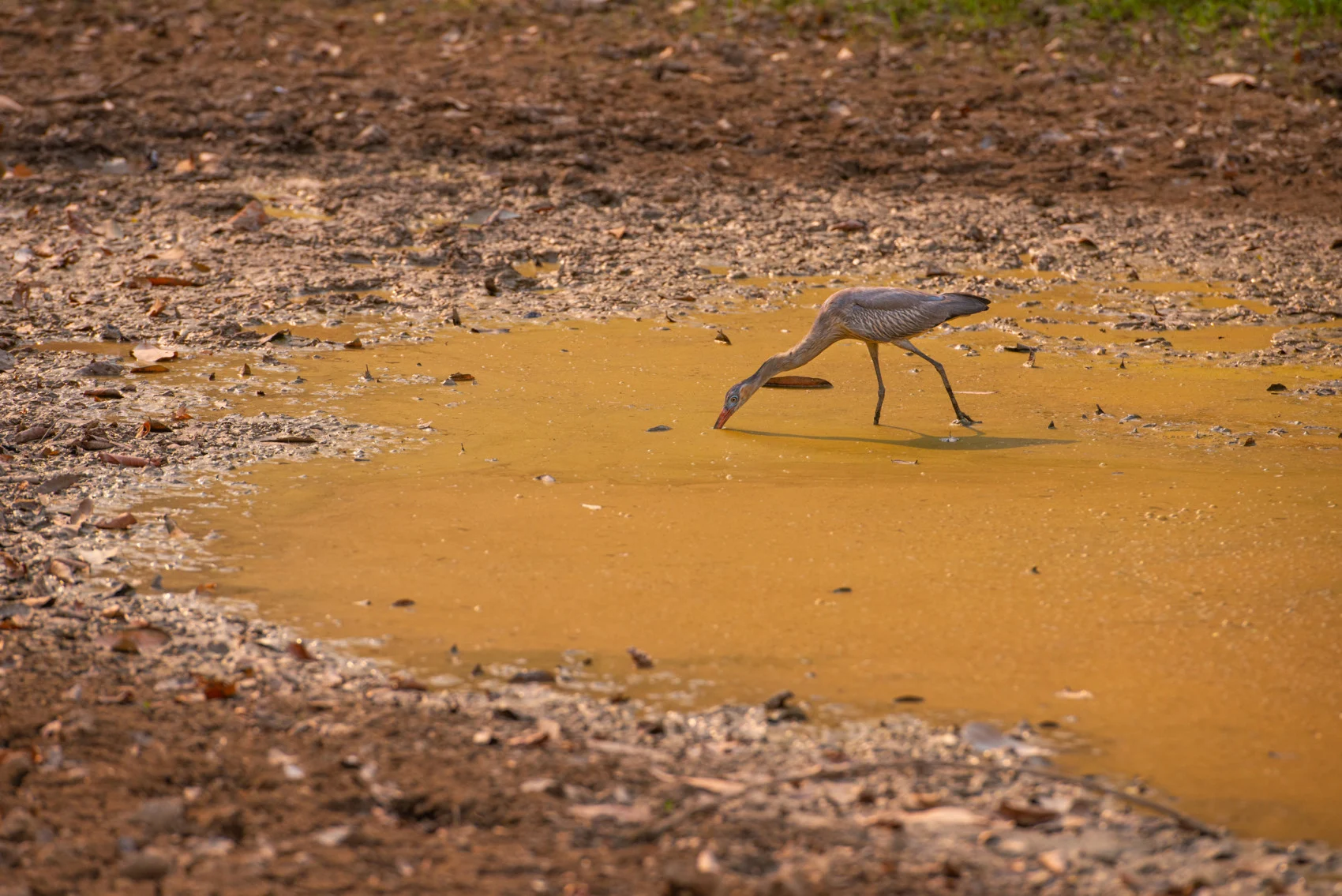
At least 85 per cent of humans have been affected by climate change, study finds
The worst impacts are yet to come for some countries, the scientists warn.
An unprecedented analysis of more than 100,000 climate studies finds at least 85 per cent of the world's population has been impacted by climate change.
Researchers employed a new big data research technique using machine learning to examine more than 600,000 studies, and then selected some 100,000 studies with long-term model and observational data on temperature change and precipitation for synthesis. The results were published Oct 11, 2021 in Nature Climate Change: “Machine learning-based evidence and attribution mapping of 100,000 climate impact studies.”
This big picture look at human-induced climate change “leaves no doubt that the climate crisis is already being felt almost everywhere in the world,” said lead author Max Callaghan of the Mercator Research Institute on Global Commons and Climate Change in Berlin, Germany.
“It’s increasingly clear it is getting hotter everywhere,” Callaghan told The Weather Network.

A bird drinking dirty water during heavy drought in Pantanal Wetlands, Brazil. (Lucas Ninno/ Moment/ Getty Images)
The exponential increase in climate studies published every year makes it impossible for the hundreds of experts to assess these for the Intergovernmental Panel on Climate Change (IPCC) assessment reports. The first IPCC report in 1990 had about 350 studies to assess. The 2022 assessment has had 35,000 to 87,000 new studies to consider since the previous one in 2014.
The new machine-learning approach is designed to reduce some of the human labour involved in what’s become a growing problem of too much data to evaluate. But this approach isn’t as good as the human review and assessment of the quality and relevance of the studies in the IPCC process, which remains the gold standard, Callaghan said.
“It’s a promising methodology,” according to Michael Mann, a climatologist and director of the Earth System Science Center at Penn State. “In no way is it a robust assessment of the impacts that climate change is now having,” said Mann, who wasn’t involved in the study.
For example, climate change impacts are being felt by 100 per cent of the world’s land area whereas their studies’ methodology was only able to detect impacts over 80 per cent of the world’s land area, Mann told The Weather Network. One of the main reasons for this is the lack of climate studies done in the global south.

Sea level rise indicator placed on Sydney Harbour, Australia. It shows high tide sea level at 1920, 2006 and projected sea level rise for 2050. (courtneyk/ iStock/ Getty Images Plus)
“Developing countries are at the forefront of climate impacts, but we can see in our study there are real blind spots when it comes to climate impact data,” acknowledged Callaghan’s co-author Shruti Nath, a researcher at Climate Analytics, also based in Berlin.
This lack of data has “implications for adaptation planning and access to funding in these places,” Nath stated in a statement.
Mann also says the actual impacts of climate change aren’t fully captured in the study because current model-based attribution studies are unable to model the physical processes involved in the record heat waves, droughts, wildfires, and floods we’ve experienced in recent years.
Extreme weather events have become increasingly extreme, another study has found. The past ten years have seen a 90-fold increase in the frequency of monthly heat extremes compared to 1951–1980. In some regions this increase is 1,000 times greater.
While acknowledging limitations in the machine-learning approach, Callaghan said it does mean far more evidence can be considered than any other way. It will show evidence gaps while opening up new ways to quickly see what might be happening anywhere in the world. “For example you could see how climate was impacting India’s hydrology,” he said.
“Ultimately, we hope that our global, living, automated and multi-scale database will help to jump start a host of reviews of climate impacts,” Callaghan concluded.
Thumbnail credit: Roberto Westbrook/ Getty Images











